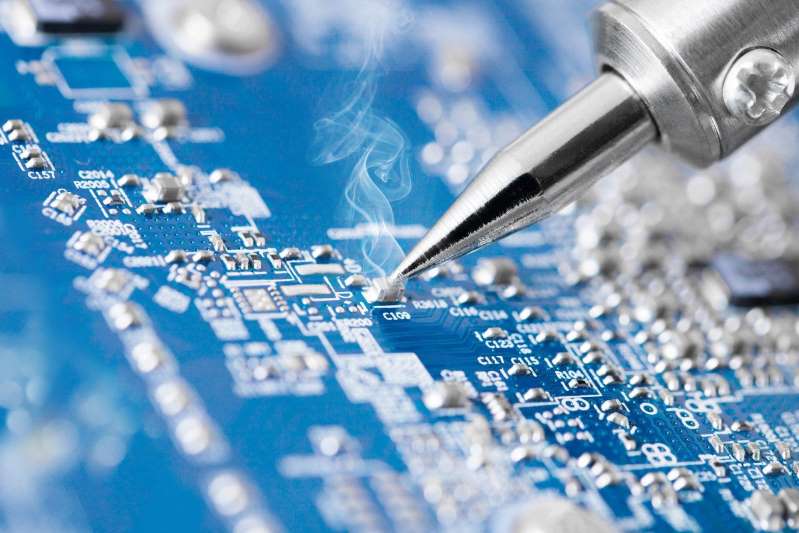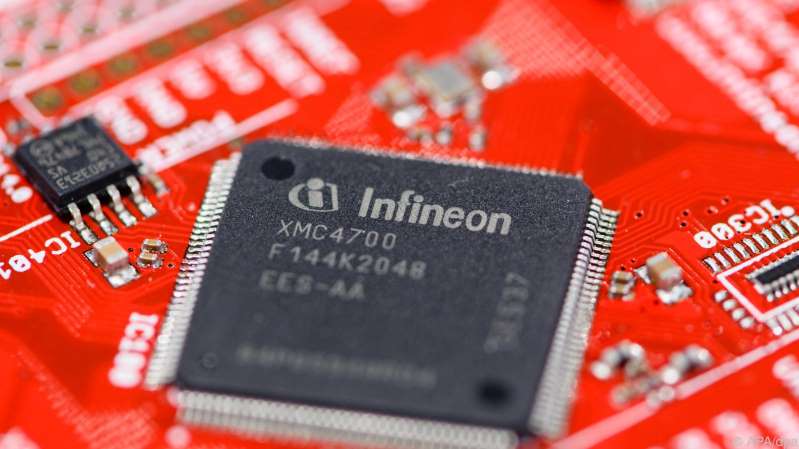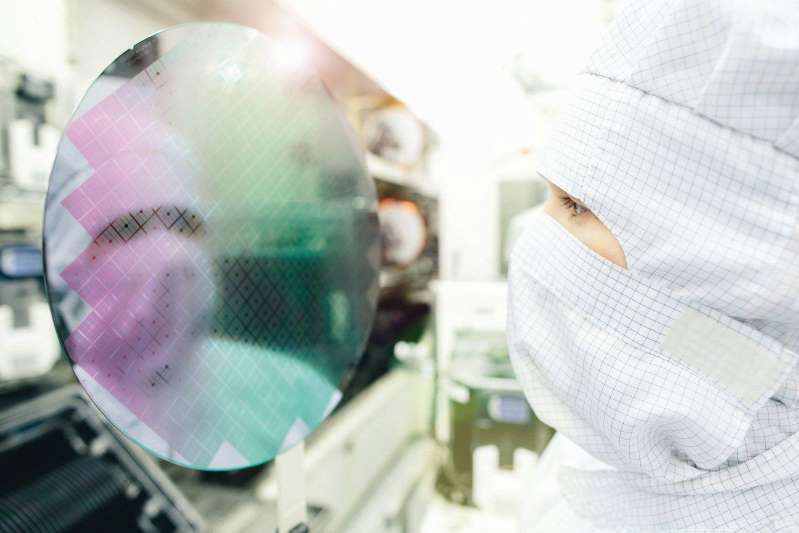The auto industry in particular lacks microchips. New plants promise remedy, also in Austria

The situation is serious: the European auto industry lacks microchips. To be more precise, semiconductors, which are the real heart of such a microchip. Some auto production lines have to stop production again because they lack semiconductors. Due to the lack of chips, Audi and Daimler had to register short-time working again for a short time, which has now ended.
The consequence: Last weekend, the German Federal Minister for Economic Affairs, Peter Altmaier, asked the Taiwanese government for help in solving the supply problems. In addition to China, Taiwan and its semiconductor group TSMC play a central role in the global manufacture of semiconductor elements. The government in Taipei then announced that TSMC would improve its manufacturing process, i.e. make it more efficient. The priority should be on auto chip production.
Infineon is monitoring the situation
The Austrian subsidiary of the German listed semiconductor group Infineon is reluctant to provide information on the subject in view of the group's quarterly figures published at the beginning of February compared to the KURIER. The group emphasized only this much in a written statement: “As the world's number 1 in the automotive semiconductor market, we are carefully monitoring the situation in the supply chain for the automotive industry.”

Growth expected
A “certain growth” in automobile production is expected for 2021. This is also taken into account in the Group's planning. “In the long term, the growth expectations in the automotive sector have not changed significantly – electromobility remains one of the main growth drivers,” it says. To make the dimensions clear: In a single VW ID.3 there are 50 semiconductors from Infineon.
Hope market
In any case, the semiconductor market is a promising and future market. According to Infineon, global manufacturing capacities will be adapted to this development. This is reflected in the increase in investments as well as in the “scheduled ramp-up of our 300 millimeter production for power semiconductors in Villach”. Cost point: a total of 1.6 billion euros. A fully automated chip factory is being built on 60,000 square meters. 400 additional jobs are created. The factory is scheduled to go into operation at the end of the year.

High share of sales
Regarding the importance of the automotive sector for Infineon: “The sales share of the business segment was 41 percent in 2020,” it says. In the previous year, Infineon Austria in Villach produced a total of around 8.4 billion chips for automotive, industrial and consumer electronics. In the previous year it was 11.44 billion. The corona crisis did not stop at the semiconductor manufacturer either.
At any rate, things are looking good for Infineon this year. The share of the German parent has climbed almost eight percent since the beginning of the year. Analysts still see potential, although Infineon was one of the top riders in the Dax last year.
Competitor STMicro, in turn, increased sales in the fourth quarter by a good fifth to 3.2 billion dollars. The forecast was raised for the current quarter.

